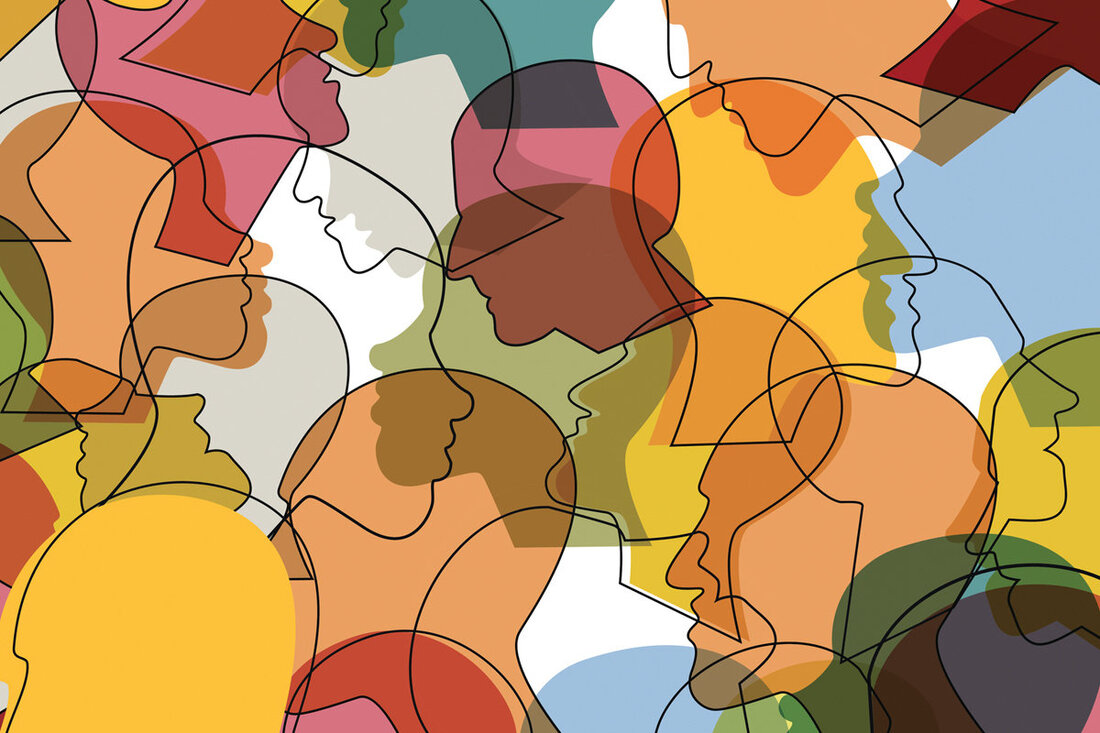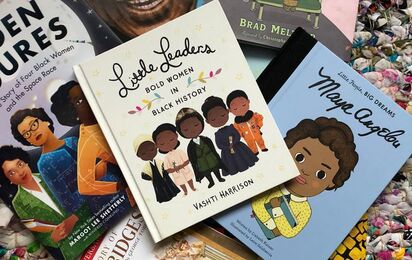|
Photo courtesy of CIO.com By Damon Carter Editor's note: This article is the first in a four-part series on how IT leaders can effectively address systemic racism in their organizations and was originally published on CIO.com. Acknowledging that systemic racism exists in our society and recognizing the many different ways it has adversely impacted the Black community, as well as other people of color, is a key first step to successfully addressing systemic racism in the workplace. IT leaders must also condemn systemic racism and make a genuine commitment to cultivating a workplace culture that promotes equality, equity and justice for all employees. But lasting change does not happen overnight, and it does not take place strictly by proclamation. A critical step in the early stages of preparing the organization for dynamic change includes reimagining a new workplace culture that will transform the employee experience, particularly for those individuals who have been historically disadvantaged by systemic racism... Click here to continue reading. BROWSE THE SHOPBLACKCT DIRECTORY:
1 Comment
By Elijah Manning As our nation continues to grapple with sins of the past, and finds ways to change our future for the better, there is one specific area that needs attention on a national level, but can start locally. I’m not talking policing, or equal housing, or so many other issues that have rightfully given us pause. To me, it starts with one important piece, and this is most important for children in the Black, Indigenous, and people of color (BIPOC) communities. It starts with inclusive truth in education. When Black Lives Matter again took center stage, inequities, and inequalities that have been rampant in these communities were highlighted. The statement that has resonated the most, and became commonplace with many people was, “I never learned about that.” This statement came from many learned people, who began to realize they were missing very important pieces of their education. The missing pieces usually involved the learning about BIPOC, woman, and many other “minority” groups. Why are so many people missing something that should be taught regularly? Perhaps there is no singular, simplistic answer, but can be summed up in the words of spoken word poet, Regie Gibson, speaking on America’s relationship with its past. He said, “I think our problem as Americans is that we actually hate history, so we can’t really connect the dots. What we love is nostalgia. We love to remember things exactly the way they didn’t happen. History itself is often an indictment. And people? We hate to be indicted.” In communities around our country and even the world, we started to realize how much we missed. How much we relied on our friends in said “minority” groups to give the education completion that many never sought. For example, Christopher Columbus. We are taught the glorified version of who he was, but history leaves out the terrible things he did. That leaves us incomplete. It leaves us with half truths, and when we acquire new information from new sources, and new perspectives, we are left wondering why we were not given the full story. It breeds within us a discontentment that may never be reversed, due to our mistrust of the system that was set up to teach us, but hid the truth. This is the tip of the iceberg. We are awake to Juneteenth, and the story of what actually happened in the Greenwood District of Tulsa, Oklahoma. Anger over Aunt Jemima, the stereotype on the pancake and syrup label for years, no longer there. Some searched the history of minstrel shows and “Mammy” and learned about Nancy Green. If they had been taught who she was they would have realized why the label should have been changed years ago. Instead some fought about it and fought about Columbus statues, or Confederate general statues and flags, and many other things. This goes back to one crucial piece of information — we are not taught all the many perspectives of American history. "People have decided to say 'I don’t see color,' and while this may have the best intentions, it does more harm. If you don’t see my color then you don’t see all of me. You are missing parts of what make me unique and what makes me, me. You are missing an opportunity to learn from me and allow my life to help yours and denying me the opportunity in reverse." We have opportunities to grow as a nation by not limiting what we teach. We grow individually, but not always collectively. By not learning about all the accomplishments of the variety of people who have contributed positively to this country, we do a disservice to the work they did, and it limits our understandings of one another. If we expanded our curricula to be more inclusive and teach all “minority” achievements, it may help to cross our divides as people. And limit fear of each other. We are more than us vs. them. We are a collection of differences, our experiences. A collection of our ancestors, and our communities. As we all have differences, learning those differences allows us to realize what makes us different makes us great. People have decided to say “I don’t see color,” and while this may have the best intentions, it does more harm. If you don’t see my color then you don’t see all of me. You are missing parts of what make me unique and what makes me, me. You are missing an opportunity to learn from me and allow my life to help yours and denying me the opportunity in reverse. This is no different than missing parts of our history. If you aren’t taught the reason for the Civil War was majority slavery, or that George Washington had teeth in his mouth that used to be the teeth of slaves. Or you’ve never read “What to the Slave is the Fourth of July?”, by Frederick Douglass, or haven’t learned the important work of Investigative Journalist Ida B. Wells. And learning about space and NASA is incomplete if Valerie Johnson isn’t discussed. We need to teach the advancements of minorities, as well as the setbacks faced. The importance of landmark Supreme Court Decisions, such as Brown v. Board of Education, Mendez v. Westminster, and the legislation that was passed as a result. Teach the Trail of Tears, teach about Japanese Internment Camps, The Fugitive Slave Act, The Tuskegee Experiment, and so many others. I could fill an overwhelming number of pages giving full accounts of all the African Americans, Latinx, women, Natives, and other minorities that have made significant contributions to the America we all know and love. Because we love it, it is our responsibility to do justice to the people who have come before and have made advancements, or positive changes. That have invented and solved, explored and written, ran from slavery, or ran for office, have challenged our thinking, and taught us new ways to think. Have fought for freedom, or helped save a life. I believe so much in this that I, along with others in the state, have founded a Facebook group that is dedicated to making these changes come about in our school systems. It is called the “CT Coalition for Educational Justice and a Culturally Responsive Curriculum.” We have members from all over the state as well as people from outside of our state looking to help us and themselves. We organize our information so it is readily available, we have resources dedicated to teaching, and training, and learning. We have a “Roll Call” where you can say what school system you are part of, and we have people willing to help consolidate resources to best share. We are looking to add more things community based, and communications based within the near future. If you would like to be a part, or learn more, find us on Facebook. It is up to us, all of us, too change things as they are currently, and make a better way forward for all. History, in particular, isn’t about teaching only positives. It is equally important to teach negatives. This gives us a complete picture. With that complete picture, we are granted the opportunity to make a decision how we feel about certain individuals, certain time periods, certain laws, certain cultures, and more. I will sum up with two important quotes from Frederick Douglass. The first is about slaves: “Knowledge makes a man unfit to be a slave.” The second quote pertains to teaching children: “It is easier to build strong children, than to repair broken men.” If we teach our children a more inclusive education today, they will lead all of us to a better tomorrow. Click here to find Black-owned bookstores in Connecticut. BROWSE THE SHOPBLACKCT.COM DIRECTORY: |




 RSS Feed
RSS Feed